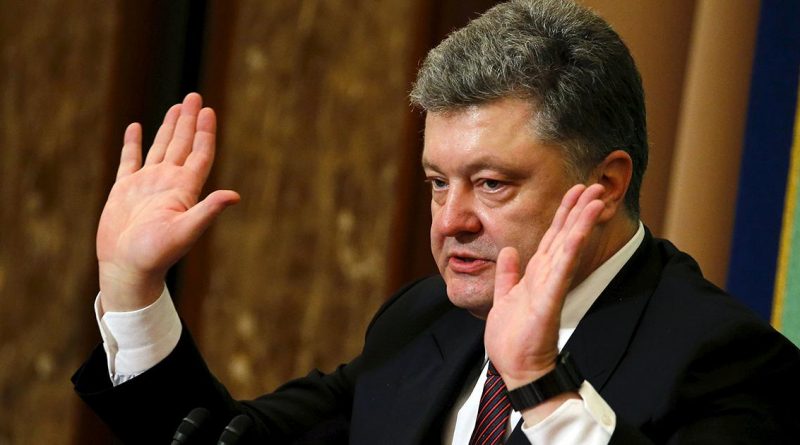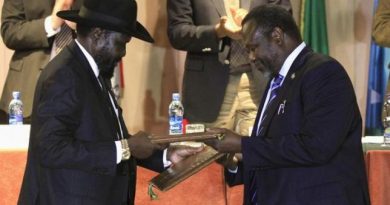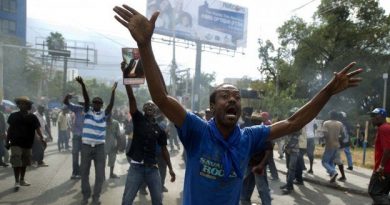Tension Between Ukrainian President, PM Escalates After Release of Panama Papers
By Matthew Schaller
Staff Writer
Ukraine’s attempts at escaping Russia’s shadow have been undermined in recent months by government infighting and scandal that threaten any possibility of a peaceful resolution. It all began in mid-February, when Prime Minister Arseniy Yatsenyuk barely survived a parliamentary vote that would have forced him to resign. According to Newsweek, out of 226 members of parliament required for a majority, 194 voted against him.
Yatsenyuk, who became prime minister in 2014, has become the center of attention as the conflict in the east has now stagnated. “All that I have done, I believe, has been to do the right thing,” Yatsenyuk said as MPs were in the process of voting, Newsweek reports.
President Petro Poroshenko issued a statement preceding the vote claiming that 70 percent of the Ukrainian people had lost faith in the government under Yatsenyuk and that in this time of political and economic upheaval, “the mistakes outweigh the achievements,” as stated in Newsweek.
Before the vote was taken, MPs took to the floor and criticized Yatsenyuk’s entire record as prime minister, from his economic policies to his proposed plan to construct a $225-million wall on the Russian border.
According to Otilia Dhand, Central and Eastern Europe analyst at Teneo Intelligence, “His dismal popularity ratings in recent months were probably a result of the public perception that Yatsenyuk failed to deliver a shift to more transparent political culture and deal with legacy of high-level corruption.”
However, with the recent revelations of the Panama Papers, Yatsenyuk may have found some political momentum. As stated by the papers, President Poroshenko attempted to use an offshore company in order to completely restructure his business. More specifically, the company in question acquired his chocolate company Roshen.
With this information now made public, Poroshenko is in a delicate situation. In addition to Yatsenyuk, the President has been also been criticized for his record on fighting corruption.
According to the Ukrainian Constitution, the president may not take part in any entrepreneurial activity. In addition, Poroshenko did not reveal the ownership of the shares in his financial declaration. Nonetheless, this could be defended on a technicality that there was no actual payment for the shares undertaken. The papers also revealed a surprising aspect of Poroshenko’s business dealings. Rather than taking the standard route of utilizing foundations, or more specifically nominee shareholders, the president chose to implicate himself as a stakeholder in the offshore company.
As of now, the documents have revealed no wrongdoing on the part of the President. However, with unpredictability now the norm in Ukrainian politics, it remains to be seen what effect, if any, this will have on the Ukrainian people and their perceptions toward their elected officials. According to the Kyiv Post, Prime Minister Arseniy Yatsenyuk will likely stay in his position until September as the Panama Papers scandal has forced President Petro Poroshenko to focus his attention elsewhere.




